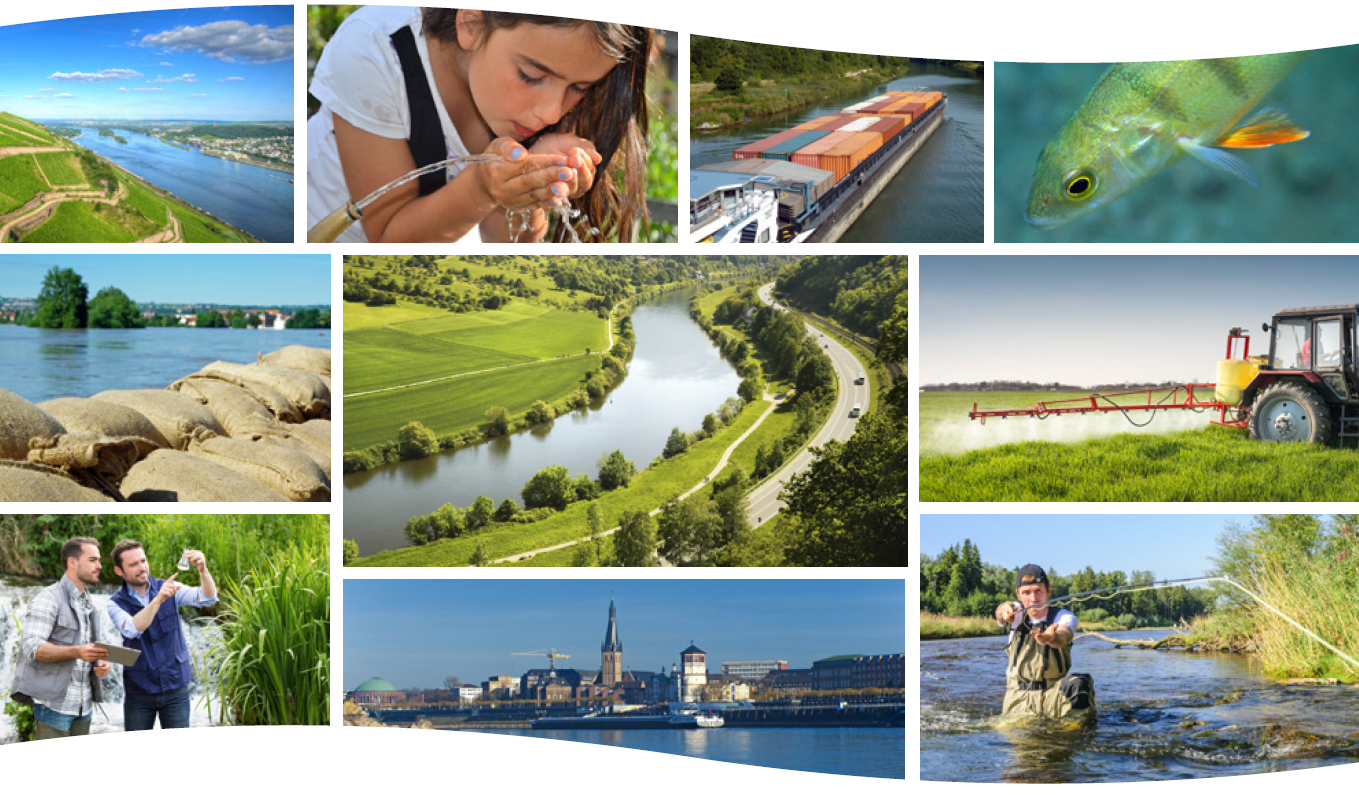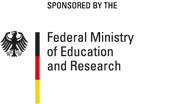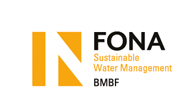ReWaM
Regional Water Resources Management for Sustainable Protection of Waters in Germany

REGIONAL ANSWERS TO GLOBAL CHALLENGES
Growing cities, changes in land use, pollution and the effects of climate change: In many regions of the world, measures urgently need to be taken to safeguard the quality, availability and long-term protection of surface- and groundwater resources. This is why one of Germany’s most pressing challenges in the coming years will be the sustainable management of water resources, while factoring in ongoing developments in nature and society. People need water to drink, for their personal hygiene, as well as for irrigation and in manufacturing. Rivers, streams and lakes are also popular recreation areas and habitats for countless animal and plant species. However, 90% of the bodies of water in Germany and more than 50% of the water bodies in Europe do not achieve a ‘good status’ as laid down by the European Water Framework Directive (WFD).
Water resource managers need knowledge, information, and foundations for decision-making which are geared towards practical application so that they can cope with conflicts of use in water management, while at the same time safeguarding the ability of water systems to provide environmental services. There are no universal panaceas for this: Success therefore also depends on whether appropriate approaches and strategies can be found which succeed in uniting all the regional players and the general public behind the goal of sustainable water resources management. Because up till now, groundwater, rivers, streams and lakes in Germany have been managed primarily at the local level. In order to achieve the targets laid down by the WFD and permanently align water resources management in Germany with those targets, municipal, state and federal bodies need new planning tools and regional decision-making processes. These need to be developed and spearheaded by the scientific community, in collaboration with water resource managers on the ground.
RESEARCH GEARED TOWARDS PRACTICAL APPLICATION
Against this backdrop, the German Federal Ministry of Education and Research (BMBF) has launched the funding measure “Regional Water Resources Management for Sustainable Protection of Waters in Germany” (ReWaM). The BMBF sponsors 15 joint projects and an associated networking- and transfer project. The funding period ends in 2018 respectively 2019. ReWaM is part of the BMBF funding priority “Sustainable Water Management” (NaWaM) within the framework programme “Research for Sustainable Development” (FONA3).
Through ReWaM, the NaWaM topical focus area “Water and the Environment” will be underpinned by research geared towards practical application. All ReWaM projects are transdisciplinary. In all the joint projects, the scientific and water management communities cooperate closely to ensure that the results can be practically applied and that research and development work aligns with the needs of users. The BMBF is supporting a total of 97 subprojects which are being implemented by research, business and water management institutions in approximately equal parts. Other organisations are also involved in the funding measure, as associated partners or via subcontracts.
All ReWaM projects address the diverse challenges of regional water resources management in model regions. The model regions and study sites are located throughout the entire Federal Republic of Germany. In total, the joint projects are studying watercourses, lakes, reservoirs and groundwater bodies in 13 federal states. This will allow the transfer of the research findings not only to other regions in Germany, but also to other European countries.
MISSION
ReWaM’s goal is to show how the various kinds of usage of water bodies can be reconciled with their protection, so that the diversity and environmental performance of different aquatic ecosystems can be permanently preserved. This applies not only to rural, but also to suburban and urban regions. The insights gained are expected to help the water industry with its work and lay the groundwork for new methods, innovative tools, and foundations for decision-making.


 Deutsch
Deutsch




